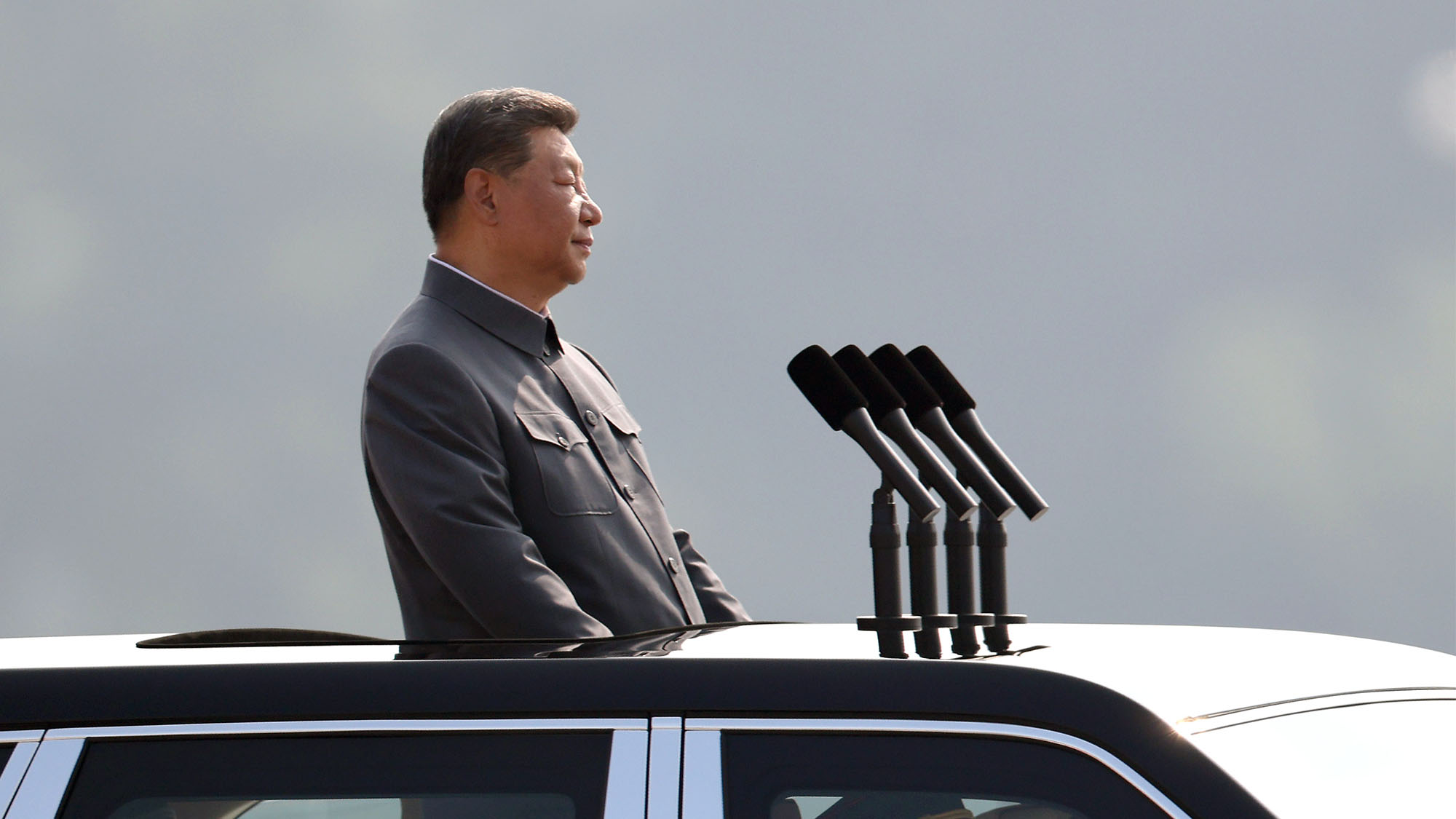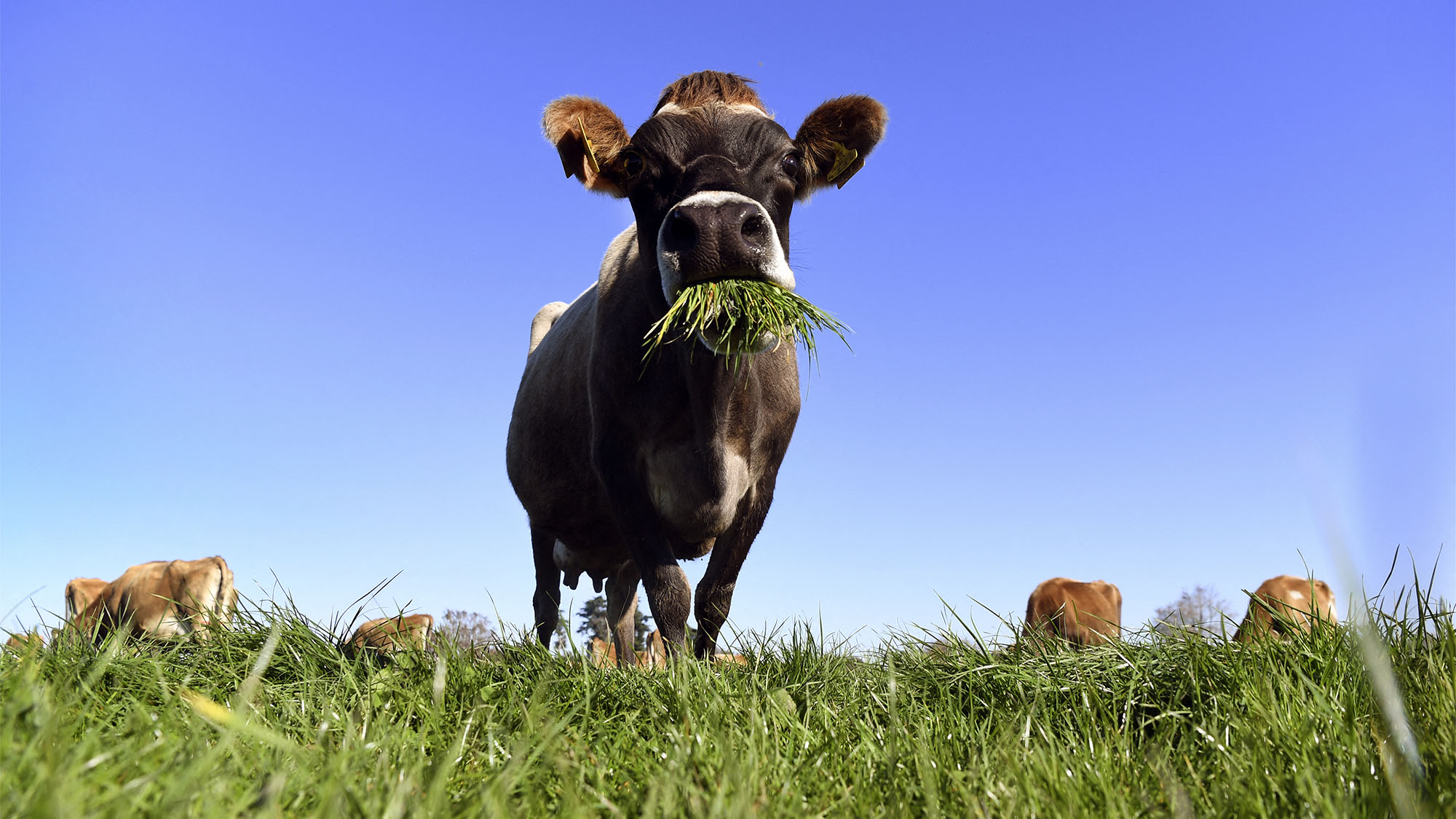The Week Unwrapped: Irish alcohol, world weather and British schools
Why is Ireland putting health warnings on drinks? Will a fall in deaths from extreme weather continue? And how should universities judge school leavers?
A free daily email with the biggest news stories of the day – and the best features from TheWeek.com
You are now subscribed
Your newsletter sign-up was successful
Olly Mann and The Week delve behind the headlines and debate what really matters from the past seven days. With Abdulwahab Tahhan, Holden Frith and Felicity Capon.
You can subscribe to The Week Unwrapped wherever you get your podcasts:
In this week’s episode, we discuss:
The Week
Escape your echo chamber. Get the facts behind the news, plus analysis from multiple perspectives.

Sign up for The Week's Free Newsletters
From our morning news briefing to a weekly Good News Newsletter, get the best of The Week delivered directly to your inbox.
From our morning news briefing to a weekly Good News Newsletter, get the best of The Week delivered directly to your inbox.
Alcohol labelling
The Irish government has said it will force alcohol companies to add health warnings to their products from 2026, in an attempt to reduce alcohol-related deaths in the country. According to official statistics, one in 20 deaths in the country is the result of excess alcohol consumption. The proposals, which include graphic warnings that link drinking to cancer and other diseases, have led to a backlash in Italy and France, which have called on the EU to block them.
Extreme weather
A report published by the World Meteorological Organisation on Monday revealed that the number of people dying as a result of extreme weather has fallen dramatically over the past 50 years – despite the frequency of floods, storms and other extreme weather events rising by a factor of five over the same period. Why are we better at surviving these disasters, and will the trend continue despite climate change?
University admissions
According to a report this week, private school students are 30% more likely to get into Oxford or Cambridge if they switch to a state-funded school for their A-levels. The figures led to protests from groups representing private schools, who say their students now face unjustified discrimination. But are the country’s top universities simply correcting for inequalities embedded in the education system?
A free daily email with the biggest news stories of the day – and the best features from TheWeek.com
-
 The ‘ravenous’ demand for Cornish minerals
The ‘ravenous’ demand for Cornish mineralsUnder the Radar Growing need for critical minerals to power tech has intensified ‘appetite’ for lithium, which could be a ‘huge boon’ for local economy
-
 Why are election experts taking Trump’s midterm threats seriously?
Why are election experts taking Trump’s midterm threats seriously?IN THE SPOTLIGHT As the president muses about polling place deployments and a centralized electoral system aimed at one-party control, lawmakers are taking this administration at its word
-
 ‘Restaurateurs have become millionaires’
‘Restaurateurs have become millionaires’Instant Opinion Opinion, comment and editorials of the day
-
 The Week Unwrapped: Have televised confessions quelled protests in Iran?
The Week Unwrapped: Have televised confessions quelled protests in Iran?Podcast Plus, why has Elon Musk turned from Mars to the Moon? And will the BBC prove to be a puzzles champ?
-
 The Week Unwrapped: Why are there so many Russian ships in the Channel?
The Week Unwrapped: Why are there so many Russian ships in the Channel?Podcast Plus, what does a ‘feminist’ approach to cancer involve? And who is Mickey’s new boss?
-
 The Week Unwrapped: Why is China clearing out its generals?
The Week Unwrapped: Why is China clearing out its generals?Podcast Plus, can the Conservatives win back the centre? And what’s gone wrong with Britain’s hearing aids?
-
 The Week Unwrapped: What can we learn from a tool-wielding cow?
The Week Unwrapped: What can we learn from a tool-wielding cow?Podcast Plus, have we reached ‘peak billionaire’? When should troops disobey their superiors?
-
 The Week Unwrapped: Will Uganda’s pop-star politician prevail?
The Week Unwrapped: Will Uganda’s pop-star politician prevail?Podcast Plus, is dodgy data undermining medical research? And what does a new app reveal about Chinese society?
-
 The Week Unwrapped: Is Elon Musk’s AI tool a platform for abuse?
The Week Unwrapped: Is Elon Musk’s AI tool a platform for abuse?Podcast Plus can Mumsnet predict who will be the next PM? And who is still watching Avatar sequels?
-
 The Week Unwrapped: What’s the cost of PFAs?
The Week Unwrapped: What’s the cost of PFAs?Podcast Plus why is George Osborne joining OpenAI? And has universal basic income finally come of age?
-
 The Week Unwrapped: what’s scuppering Bulgaria’s Euro dream?
The Week Unwrapped: what’s scuppering Bulgaria’s Euro dream?Podcast Plus has Syria changed, a year on from its revolution? And why are humans (mostly) monogamous?